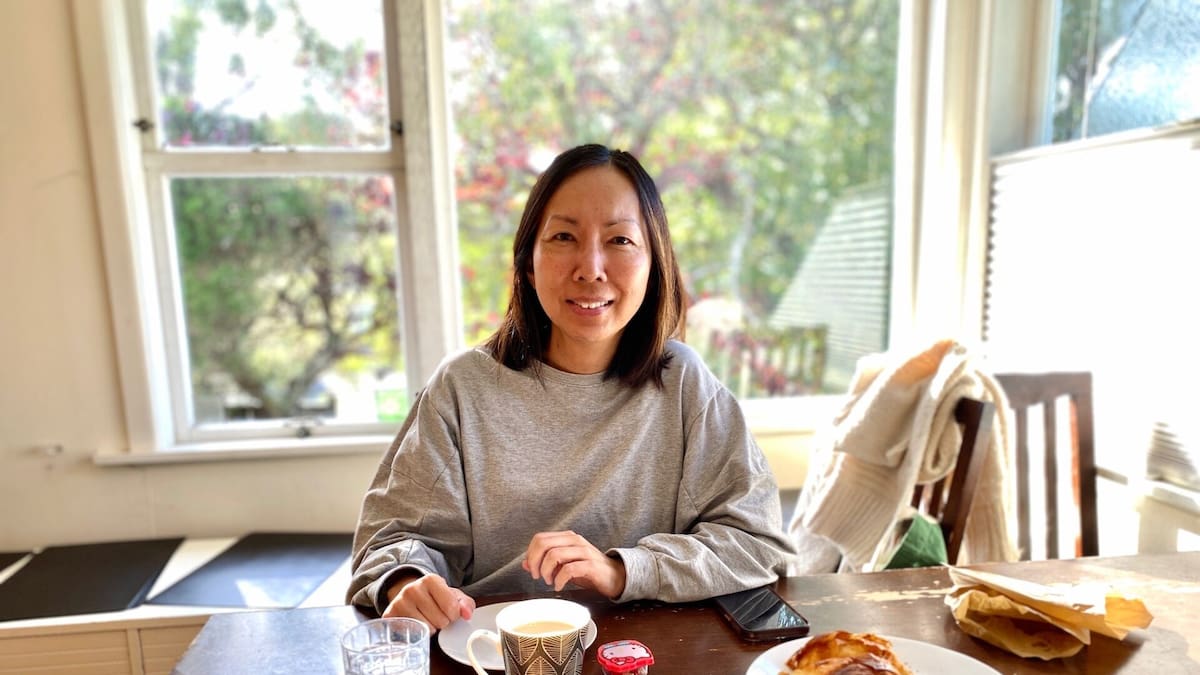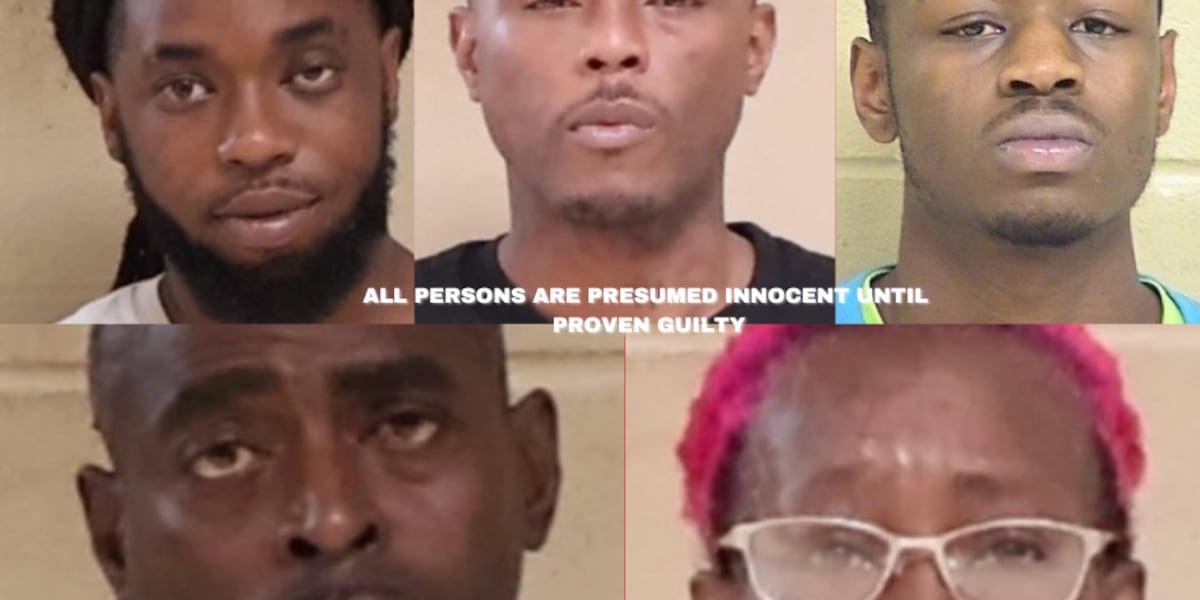Rare Cancer Spotlight: Auckland Woman's Story Highlights Urgent Need for Sarcoma Research

A cancer diagnosis is life-altering, but for individuals battling rare cancers like sarcoma, the challenges are amplified by a lack of awareness and limited research. Sarah Cheung, a 43-year-old from Auckland, New Zealand, knows this reality all too well. In 2021, she received a diagnosis of differentiated retroperitoneal liposarcoma, a rare form of sarcoma, and her journey has become a powerful call for increased research funding and improved treatment options.
Understanding Sarcoma: A Rare and Complex Cancer
Sarcoma is not a single type of cancer. It's a broad term encompassing a group of cancers that arise from connective tissues like bone, muscle, fat, and cartilage. Unlike more common cancers like breast or lung cancer, sarcomas are relatively rare, accounting for less than 1% of all cancer diagnoses. This rarity presents significant hurdles for research and treatment development. There are several types of sarcoma, each with its own unique characteristics and treatment approaches. Differentiated retroperitoneal liposarcoma, Sarah’s diagnosis, is a subtype that originates in the retroperitoneum – the space behind the abdominal cavity.
Sarah's Story: Facing the Unknowns
Sarah's experience underscores the difficulties faced by sarcoma patients. The initial diagnosis was a shock, followed by a period of uncertainty and navigating a complex medical landscape. “It felt like I was constantly explaining my cancer to doctors,” she recalls. “Because it’s so rare, not everyone is familiar with it.” This lack of familiarity can lead to delays in diagnosis and treatment, as well as a feeling of isolation for patients and their families.
Sarah's treatment involved surgery, chemotherapy, and radiation therapy. While she is currently stable, the fear of recurrence remains a constant presence. Her story is a testament to the resilience of the human spirit and the importance of support networks.
The Urgent Need for More Research
Sarah’s story isn't just a personal narrative; it’s a spotlight on the critical need for more sarcoma research. Currently, treatment options for sarcoma are often limited, and outcomes can be unpredictable. Increased research funding is essential to:
- Improve Diagnostic Accuracy: Early and accurate diagnosis is crucial for successful treatment.
- Develop Targeted Therapies: Research into the genetic and molecular mechanisms of sarcoma can lead to the development of targeted therapies that are more effective and have fewer side effects.
- Explore Novel Treatment Approaches: Immunotherapy, gene therapy, and other innovative approaches hold promise for improving outcomes in sarcoma patients.
- Raise Awareness: Increasing public awareness of sarcoma can lead to earlier detection and improved access to care.
Sarah is actively advocating for increased sarcoma research funding and supporting organizations dedicated to fighting this rare cancer. Her message is clear: “We need to do more. More research, more awareness, and more support for patients and their families.”
How You Can Help
You can support sarcoma research and awareness by:
- Donating to sarcoma research organizations.
- Raising awareness within your community.
- Supporting policies that promote cancer research funding.






